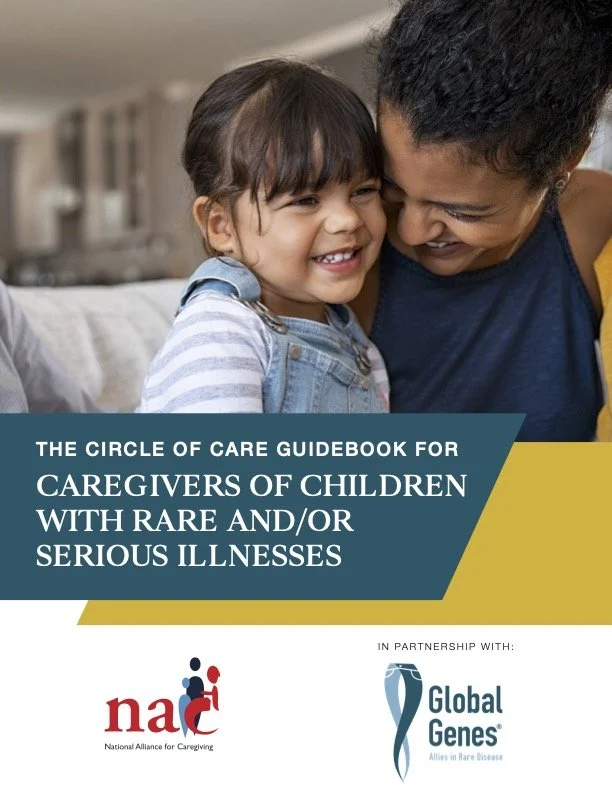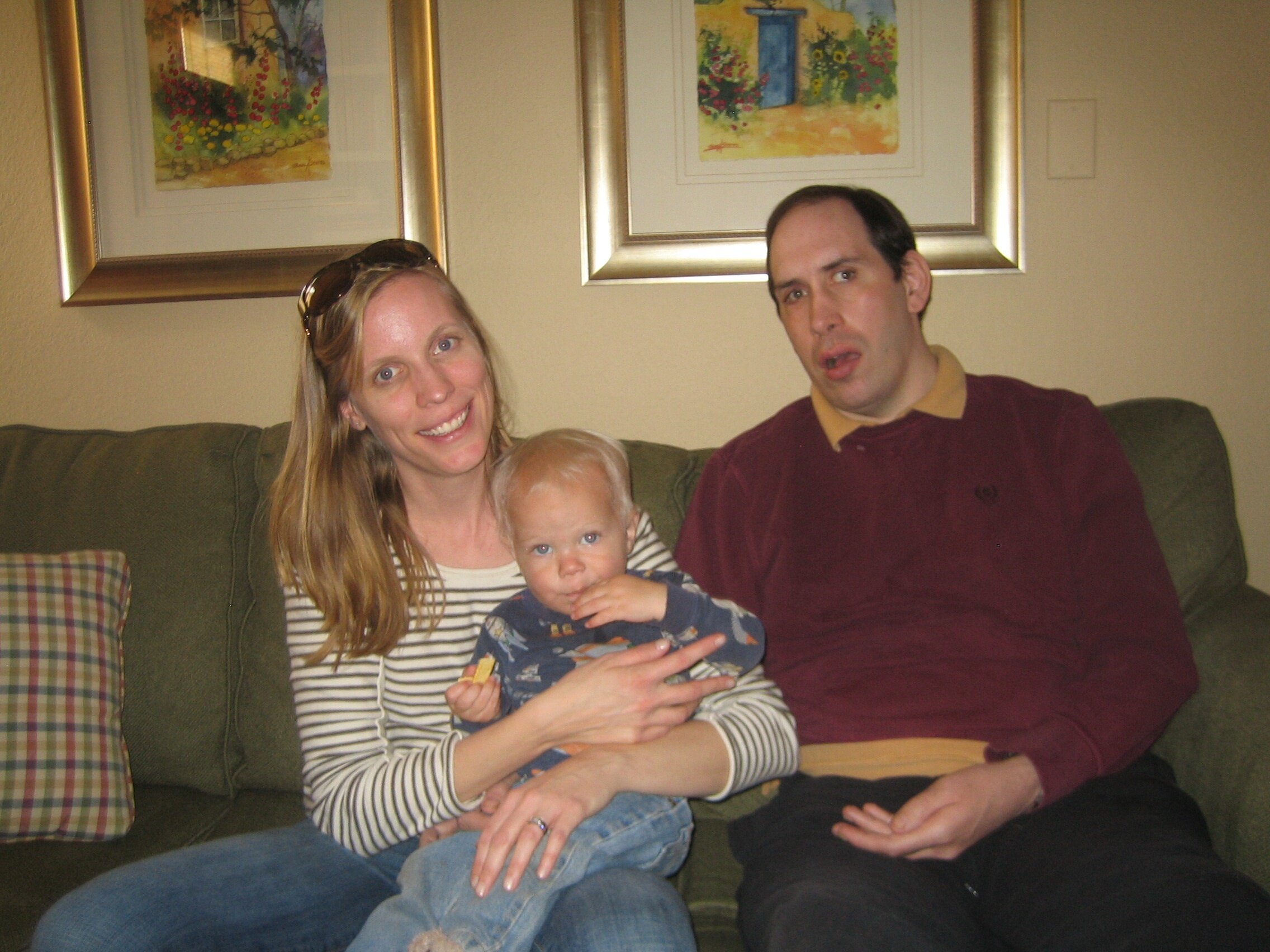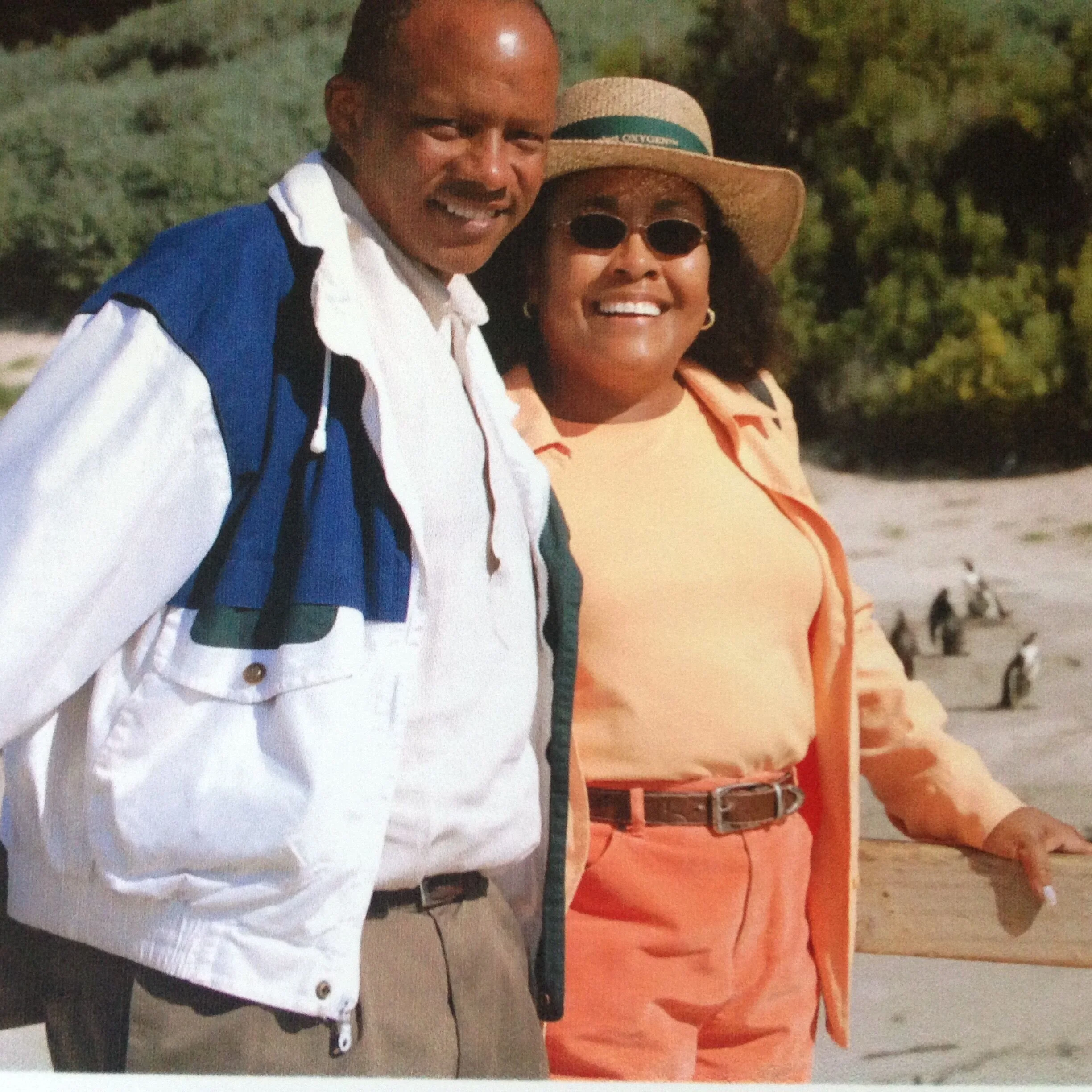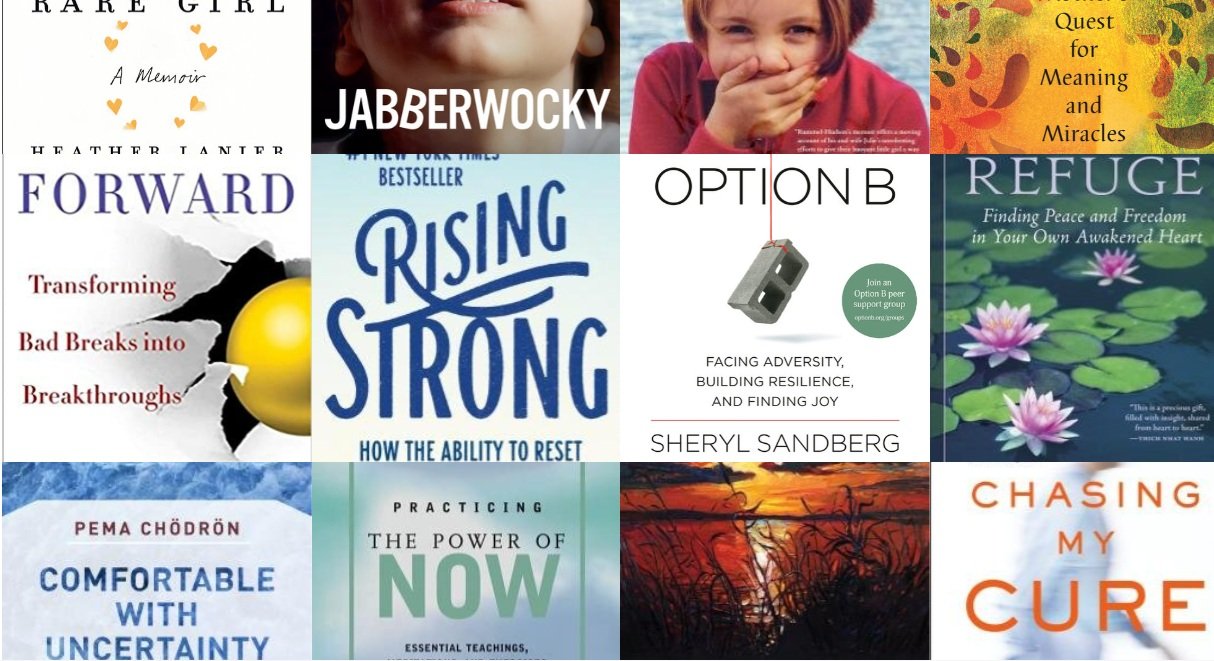While I can not trust the future health of my child, I have found things I can trust: his doctors, his one-to-one aid, my partner, the coffee maker, laughter, and my desire to care for my son. Naming the things we trust can offer some sense of control. With that trust, the fear is held at bay; and, if we pay attention, hopeful little moments start unfolding before us.
Read MoreRare Resiliency is a monthly column written and/or curated by Laura Will. This column explores the concepts and skills that play a protective role against chronic and acute stress. Each article challenges and encourages the reader to continue to develop that inner steadying strength as they face illness and uncertainty, sorrow and joy.
Read MoreFor people with primary mitochondrial myopathies (PMM), it is reassuring to know new studies are continuing to explore activators of PPAR delta as a possible way to stimulate mitochondrial activity, increase energy production, and improve the performance of skeletal muscle cells.
The National Alliance for Caregiving is an organization that’s dedicated to improving the quality of life for both caregivers and those in their care. With an emphasis on friend and family caregivers, the NAC aims to advance research, advocacy and innovation in all areas of caregiving.
Read MoreThe National Alliance for Caregiving (NAC), in partnership with Global Genes, has released a new handbook that offers support, advice, and guidance for unique challenges and unique rewards of caring for a child with a rare or serious disease.
Read MoreAfter Laura Will’s son was diagnosed with a rare condition, she felt unsure how to talk to her kids about the diagnosis and corresponding disability. She’s found that children’s books have been a wonderful way to safely initiate conversations with her children about the difficult topics that exist within the world of rare disease. In this article she shares her list of book recommendations with the Know Rare community.
Read MoreThe Myasthenia Gravis Rare Disease Network (MGNet) is a consortium of academic medical centers partnering with the Myasthenia Gravis Foundation of America and Conquer MG as well as collaborators in other research groups and industry. We are working together to enhance therapeutic development for this rare disease.
Read MoreThe mental health community defines complicated grief as a severe form of mourning that doesn’t resolve with time. In this article, Gina D. Wagner expresses her experience with complicated grief after the loss of her brother who lived with Prader-Willi syndrome along with what she’s learned along the way.
Read MoreGina Wagner grew up with a brother with unexplained behaviors and health concerns which were later explained as to be symptoms of Prader-Willi syndrome. In this piece she shares 3 things she wishes she would have known.
Read MoreHoward Wooley shares what he learned about caring for his wife who had sickle cell disease.
Read MoreFamilies affected by rare genetic disease may have questions about whether others in the family will develop the disease, particularly if they or their children are affected. Here is some advice from a genetic counselor.
Read MoreGail Campbell Woolley (1957-2015) grew up in Washington DC, and was diagnosed with sickle cell anemia at age seven. Her book, Soar: A Memoir, published posthumously by her husband, details her heroic defiance against sickle cell disease.
Read MorePrader-Willi syndrome (PWS) is a genetic condition that affects growth and development. In this article, genetic counselor Elizabeth Kearney answers common questions for individuals with Prader-Willi Syndrome and their caregivers.
Read MoreNephcure Kidney International's mission is to accelerate research for effective treatments for rare forms of Nephrotic Syndrome, and to provide education and support that will improve the lives of those affected by these protein-spilling kidney diseases. NephCure addresses both individual and over-arching community needs for those with kidney disease.
Read MoreAlport Syndrome Foundation is the leading patient-led, independent, nonprofit organization in the United States serving and giving a voice to the Alport syndrome community. ASF’s mission is to improve the lives of patients through education, empowerment, advocacy, and investment in research.
Read MoreThis curated collection by a mom to a child with rare disease can serve as both strength and guidance while navigating rare disease and its tribulations.
Read MoreWhen I first started expressing concern about Alden’s development, everyone told me not to compare Alden to his big sister, Hadley. I was not comparing. As a mother and a nurse, I knew in my gut that something was seriously wrong. After weeks of second guessing my instincts, I finally caught one of Alden’s atypical movements on video. It was Memorial Day, 2020. He was 4.5 months old. I sent the video to the on-call doctor at his PCP office, who took one look at it and asked us to please bring him into the emergency room immediately. Forty eight hours, an EEG and an MRI later, our family was forever changed.
Read MoreCoping with rare genetic disease is a journey. Along the way, questions may arise about inheritance and genetic testing. Genetic counselors are specially trained healthcare professionals who can provide personalized advice and support.
Read MoreAs a member of the rare community, you may know something about the process a new medication must go through before it receives FDA approval. Clinical trial phases 1 through 3 are conducted to establish the safety, effectiveness, and optimal dosage of a new treatment before it is made available to the public. But did you know that some drugs undergo an additional step post-approval to track their performance in the real world? These post-marketing studies, called phase 4 studies, help manufacturers learn more about long-term benefits and risks and offer a number of benefits to study participants.
Read MoreWhen it comes to mental health, rare disease can put you on shaky ground. You’ve likely faced years of uncertainty just waiting for a diagnosis. Not knowing what is wrong or what to expect in the future is scary and unsettling. Because little is known about many rare diseases, there may be no one to turn to for answers. No wonder stress is the main culprit affecting mental health for people with rare diseases.
Read More



















